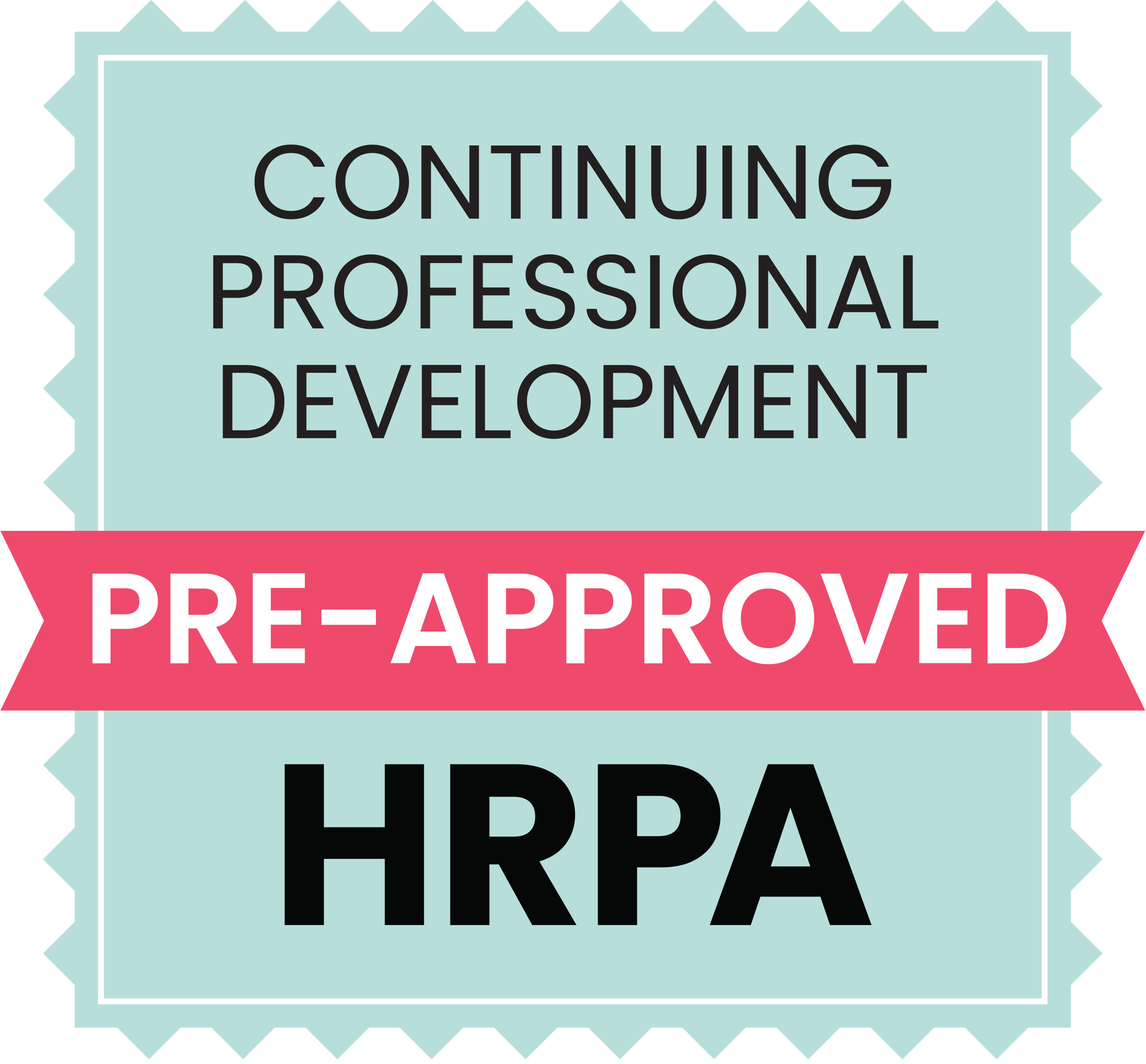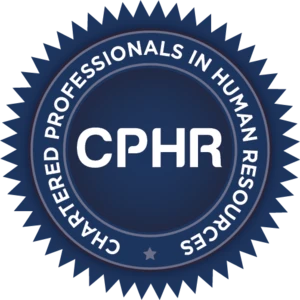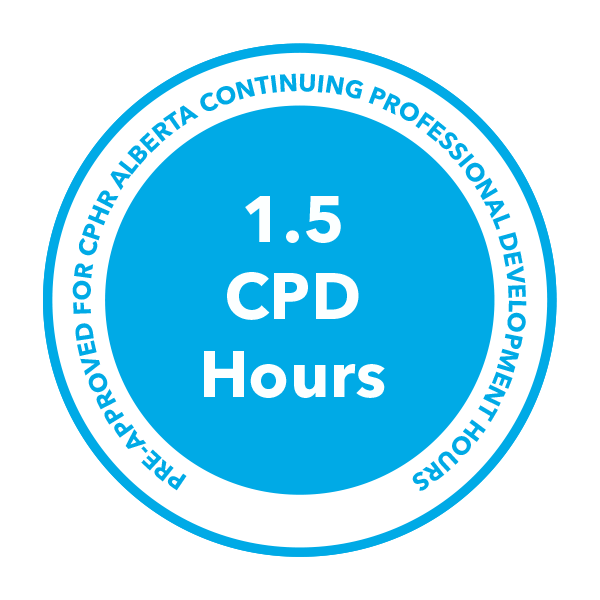Includes: Webinar Recording with all Associated Materials
September 12, 2023
Impairment in the workplace can create serious health and safety risks for employees. This webinar will provide employers, unions, and employees with the tools and resources necessary to ensure that the workplace is safe from the consequences of impairment. Panelists will examine the causes of impairment, best practices around identifying impairment in employees, the roles of employers and unions in mitigating the risks of impairment, and appropriate accommodations. The following questions will be discussed:
- What are common causes of impairment? Should impairment related to substance use be treated differently from impairment caused by other factors, such as sleep deprivation or personal circumstances?
- What obligations do union representatives have if they have knowledge that a member may have substance use issues that can cause impairment? What if the potential for impairment is caused by issues unrelated to substance use, e.g., sleep deprivation?
- When are employees required to disclose factors stemming from their personal lives which may cause impairment on the job? To what information are employers entitled? Does the union have a role in this disclosure process?
- What are best practices for employers and union representatives in approaching an employee who exhibits signs of impairment? What are effective strategies to combat stigma and encourage affected employees to seek help?
- In general, what is the scope of the duty to accommodate an employee with a disorder which could potentially cause impairment? To what extent will an employer be required to accommodate an employee who fails to disclose or denies having an impairment issue? What is the role of the union in the accommodation process?
- What are some examples of measures that can be put in place to accommodate employees in these circumstances? Are there objective measures that can be considered when assessing whether individual employees are able to safely perform their respective jobs?
- Can an employer require an employee to engage in treatment for a disorder as part of the accommodation process? Can an employer enforce monitoring mechanisms? What are some examples of treatment or monitoring mechanisms that have been found to be excessively intrusive or in violation of privacy rights?




